1. Sally Field: From Flying Nun to Hollywood Icon
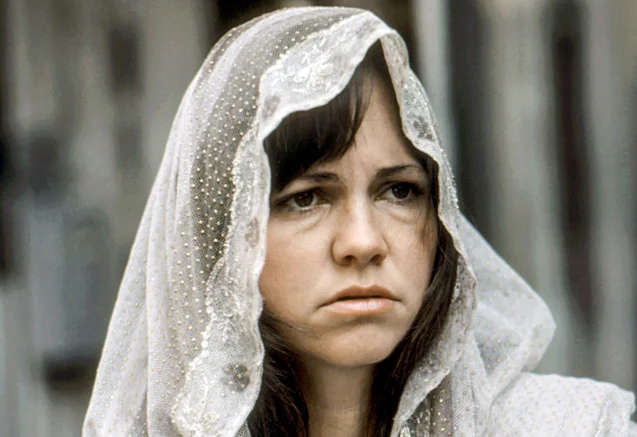
Sally Field made her mark in the ’70s with her role in The Flying Nun, but it was her powerful performance in Norma Rae (1979) that truly solidified her place in Hollywood history. Her portrayal of a factory worker who fights for workers’ rights won her an Academy Award, and with it, the public saw her as more than just a TV star. The ’70s was the turning point where Field transitioned from a sitcom darling to a serious dramatic actress.
By the time the ’80s rolled around, Sally Field was a household name, but in the early ’90s, she chose to step back from the spotlight. After a few more iconic roles, including Steel Magnolias (1989), Field gradually moved away from the intense media attention, opting instead for quieter, more selective work. Though she would occasionally return for roles, Sally Field’s early departure from constant fame remains a choice many admired, valuing her privacy over the glitz and glam of Hollywood.
2. Ryan O’Neal: The Heartthrob Who Stepped Away
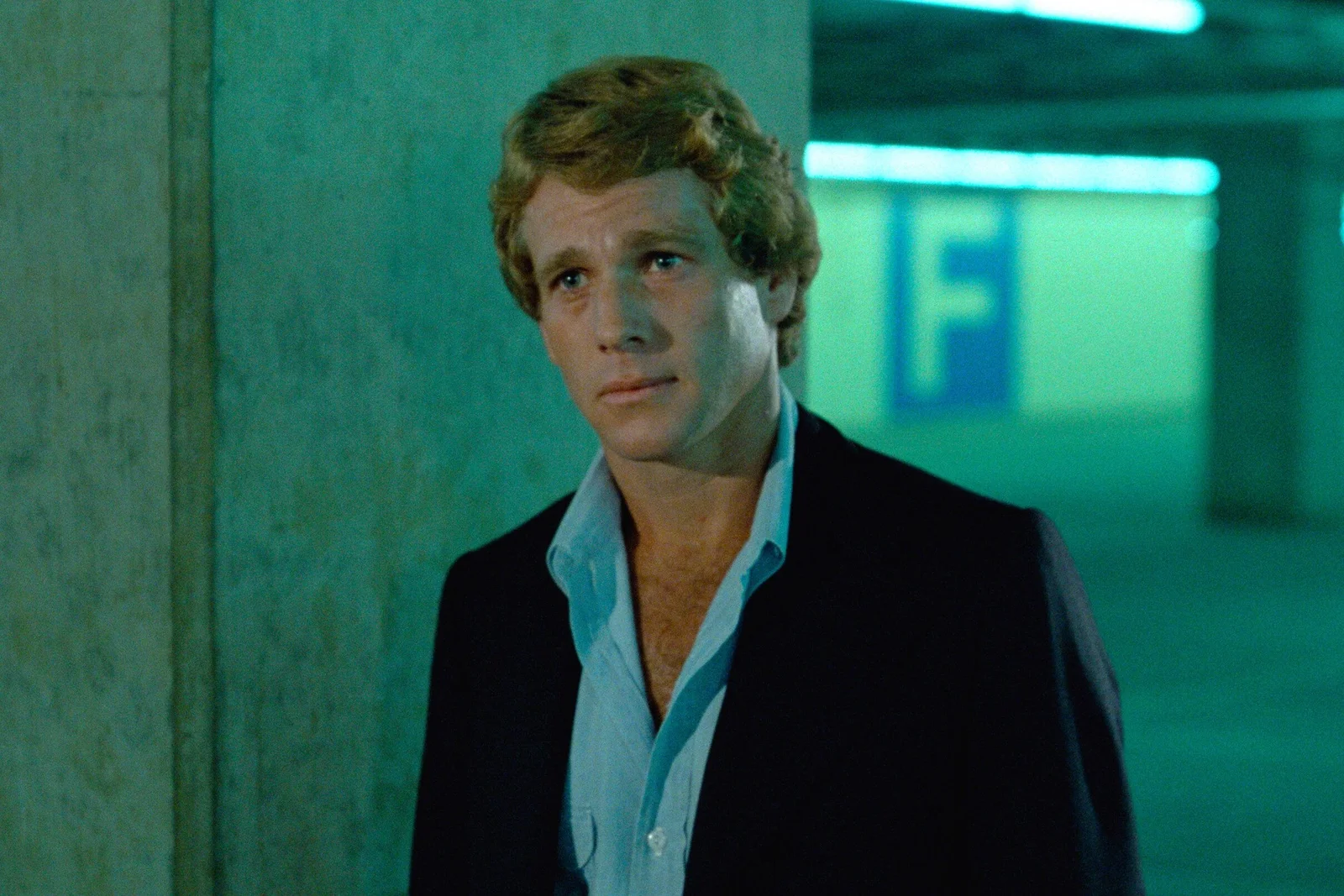
Ryan O’Neal captured hearts with his roles in Love Story (1970) and Paper Moon (1973), where his charm and good looks made him one of the ’70s most coveted leading men. His chemistry with co-stars, especially Ali MacGraw in Love Story, helped propel him into the ranks of Hollywood’s elite. But despite his success, O’Neal began to tire of the constant fame that came with being one of the ’70s most sought-after actors.
After his stardom peaked, O’Neal began to take a step back, even though his career had its share of high points. By the 1980s, his work slowed down, and his personal life began to take center stage, often making headlines for his tumultuous relationships. Though he made occasional returns to film, O’Neal ultimately disappeared from the public eye, choosing a more low-key life away from the glare of Hollywood’s spotlight.
3. Barbara Hershey: A Star Who Sought Solitude
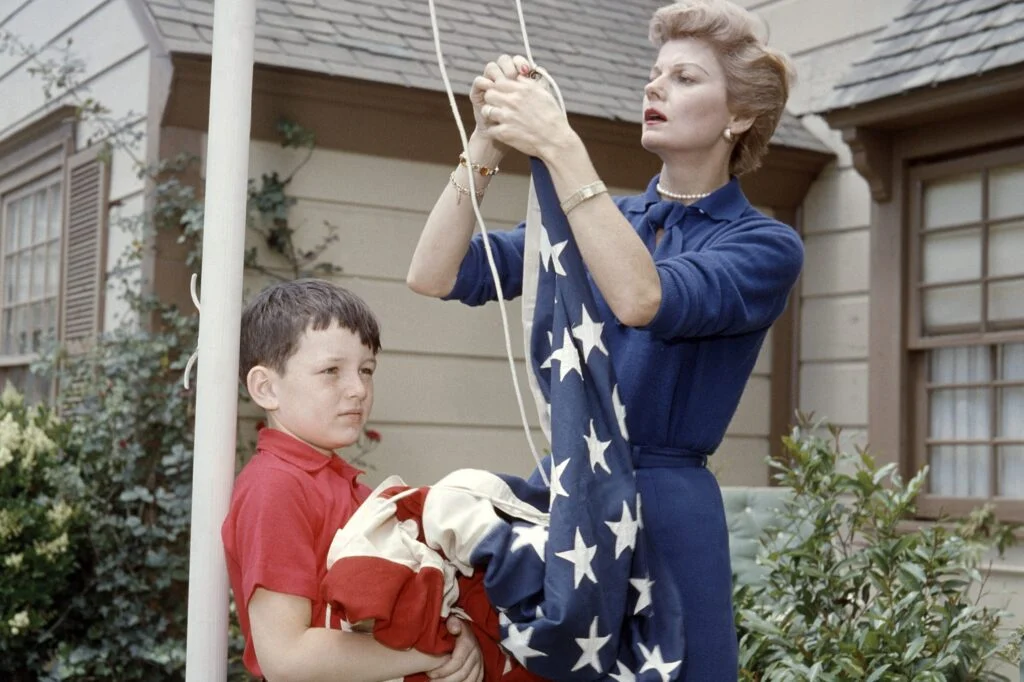
Barbara Hershey’s early ’70s roles, like in The Last Temptation of Christ (1973), captured the intensity and depth of the era’s cinematic spirit. She quickly became known for her sharp acting and unique presence on screen, but Hershey wasn’t interested in sticking to one formula. She constantly sought out roles that challenged her, stepping away from conventional beauty to embody complex, often gritty characters.
However, by the end of the ’70s, Hershey chose to retreat from the limelight, pursuing a quieter, more personal life. Her decision wasn’t a sudden one—Hershey had long been known for her reluctance to partake in the Hollywood machine. In the decades that followed, she would occasionally return to film but maintained a much lower profile, choosing roles that spoke to her artistic spirit rather than commercial appeal.
4. Burt Reynolds: The Ultimate Leading Man Who Stepped Back
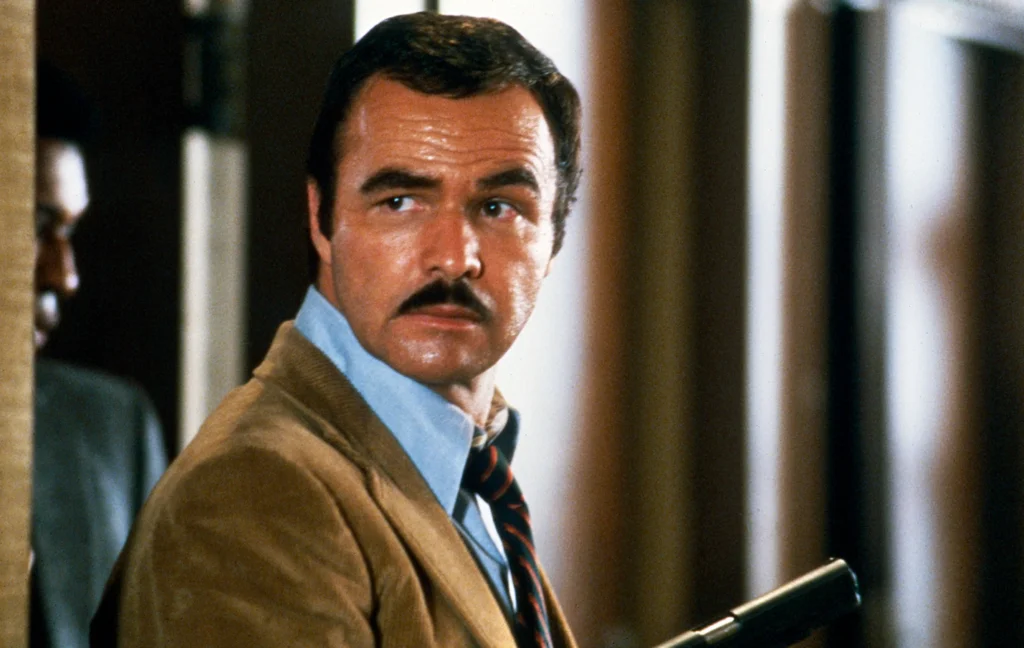
Burt Reynolds was Hollywood’s quintessential ’70s heartthrob, known for his roles in Smokey and the Bandit (1977) and Deliverance (1972). His rugged charm and comedic timing made him a box-office staple during the decade, and his mustache became an iconic symbol of ’70s masculinity. But after years of constant attention, Reynolds became disillusioned with the pressures of fame and chose to step back from the Hollywood machine.
By the 1980s, Reynolds found himself shifting his focus to a more low-key life, embracing smaller roles that reflected his true acting skills. Though he would later return to the spotlight in films like Boogie Nights (1997), he spent much of the ’90s away from major Hollywood productions. His early exit from the Hollywood scene made his rare reappearances feel all the more significant and powerful.
5. Jan-Michael Vincent: A Rising Star Who Vanished
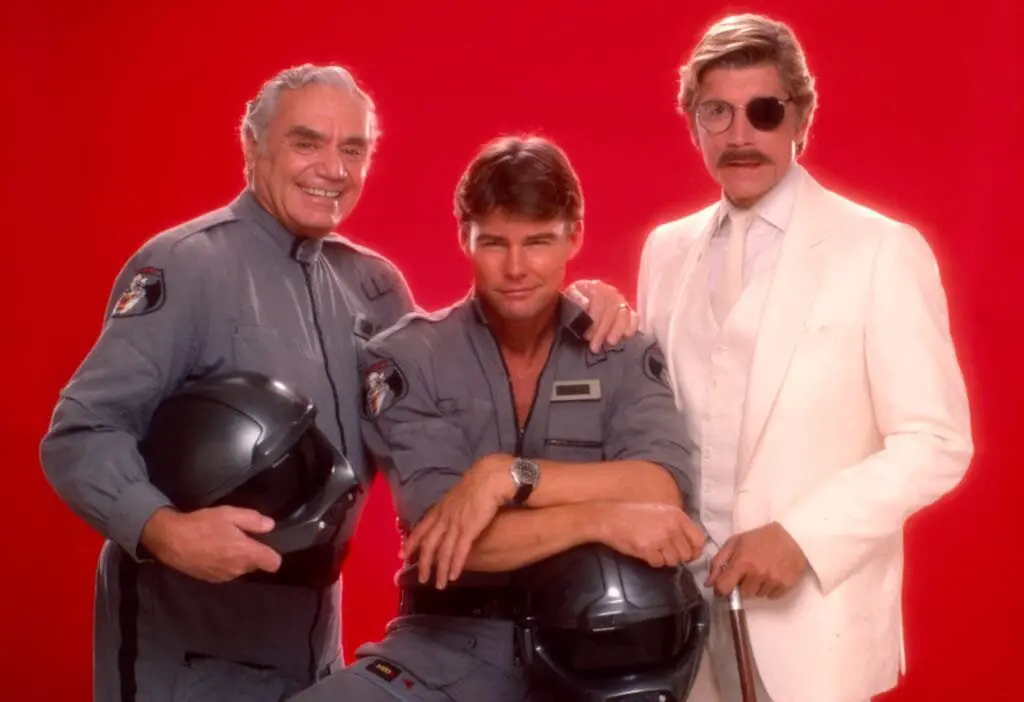
Jan-Michael Vincent was one of the ’70s breakout stars, known for his role in the hit series Airwolf (1984), but his early fame came after appearing in a string of films like Big Wednesday (1978) and The Mechanic (1972). With his chiseled looks and undeniable charisma, Vincent was poised for a long, successful career. But behind the scenes, his struggle with personal demons began to overshadow his success.
After reaching a high point in the ’70s and early ’80s, Vincent’s career started to falter due to issues with substance abuse and legal troubles. Despite attempts to return to acting, he largely faded from the public eye in the late ’80s and ’90s. While his career was undeniably impacted by these struggles, Vincent’s impact on Hollywood in the ’70s remains undeniable, even though he chose to leave the limelight behind.
6. Ali MacGraw: A Star Who Walked Away on Top
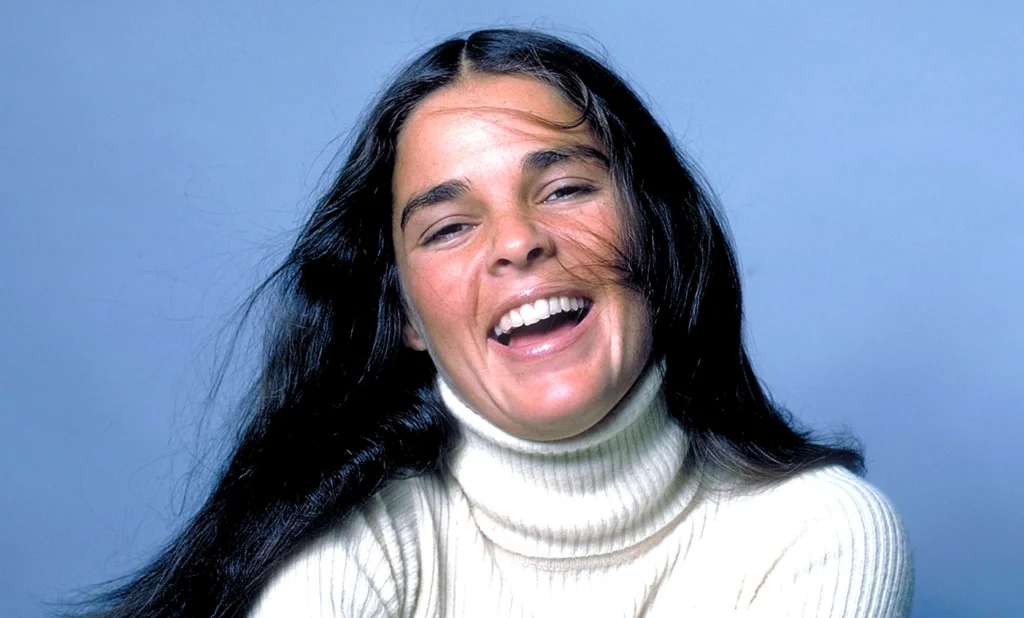
Ali MacGraw was an overnight sensation in the ’70s, thanks to her role in Love Story (1970). The film’s success catapulted her to international fame, and she quickly became one of Hollywood’s leading ladies. MacGraw’s natural beauty and relatable charm made her a fan favorite, but she soon grew weary of the relentless attention and expectations.
In 1973, after starring in The Getaway, MacGraw shocked the industry by stepping away from acting. She chose to live a quieter life, focusing on personal pursuits and staying out of the media frenzy. While she did return to film occasionally, MacGraw’s decision to leave the fast-paced world of Hollywood in her prime has always been seen as a courageous move that showcased her desire for privacy over fame.
7. Tatum O’Neal: A Young Star Who Reclaimed Her Life
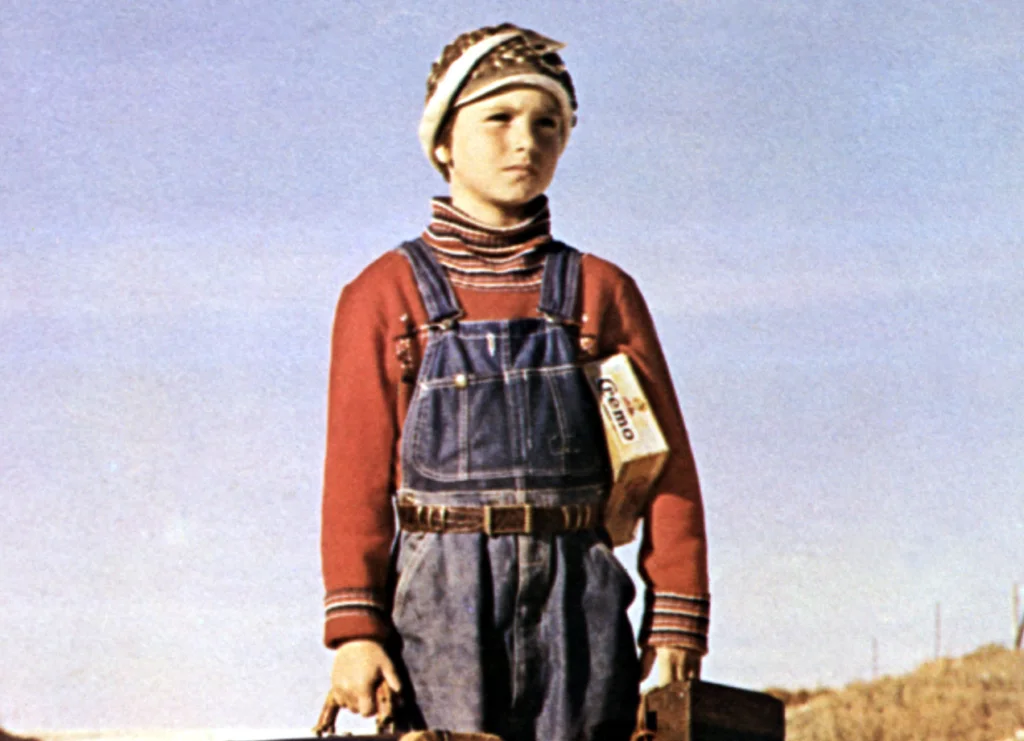
Tatum O’Neal’s breakthrough performance in Paper Moon (1973) earned her an Academy Award at just 10 years old, making her the youngest actor to ever win the prestigious award. Her charming performance alongside her real-life father, Ryan O’Neal, made her a household name and cemented her place as a major star. But despite her success, the intense pressure of early fame proved overwhelming for the young actress.
In the years that followed, O’Neal took a step back from acting, struggling with personal issues that kept her out of the limelight. Though she would eventually return to acting, her career never reached the same heights as it did in the ’70s. O’Neal’s journey is a reminder of the heavy toll early stardom can take and the importance of carving out a path that feels true to oneself.


